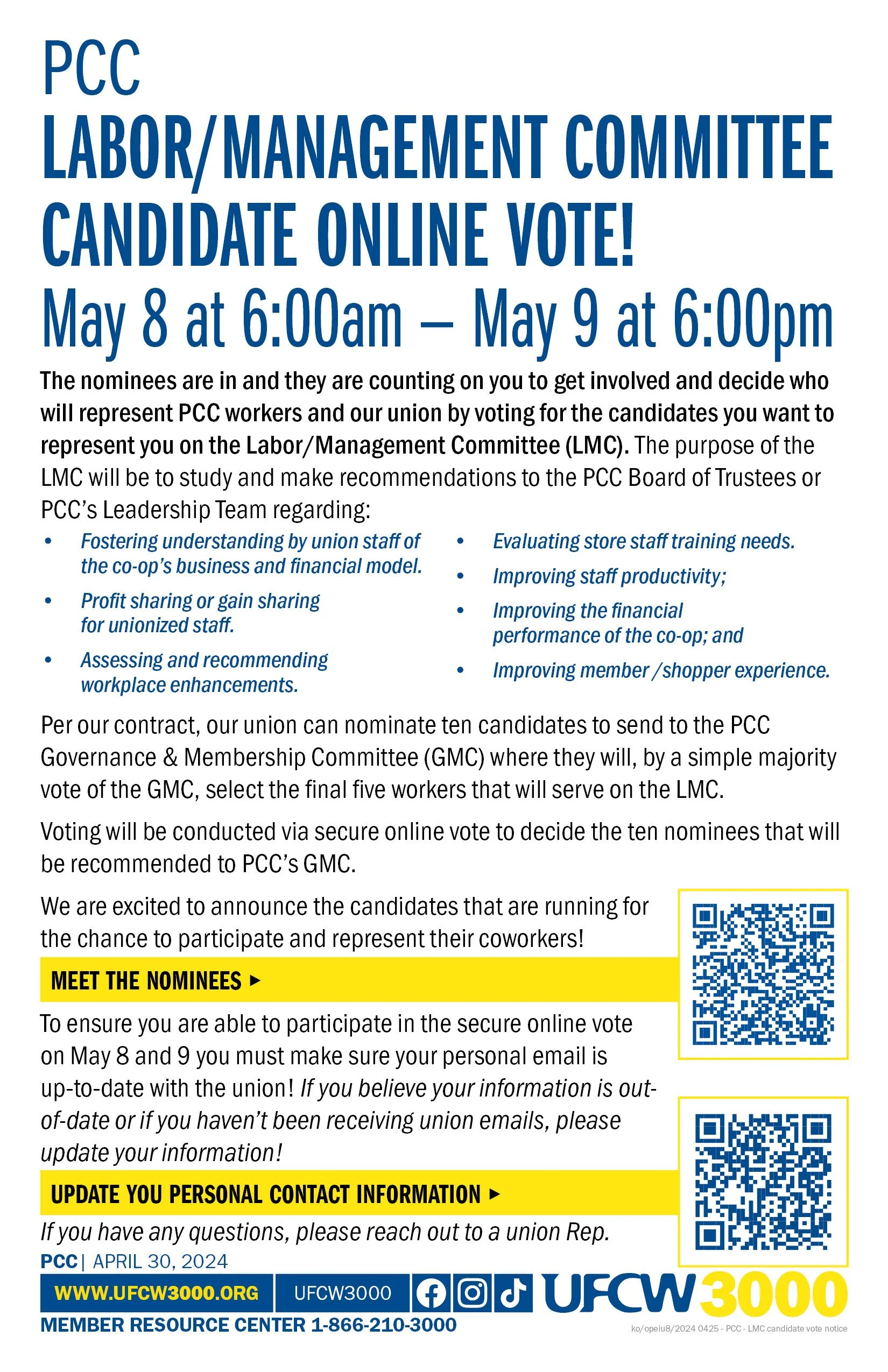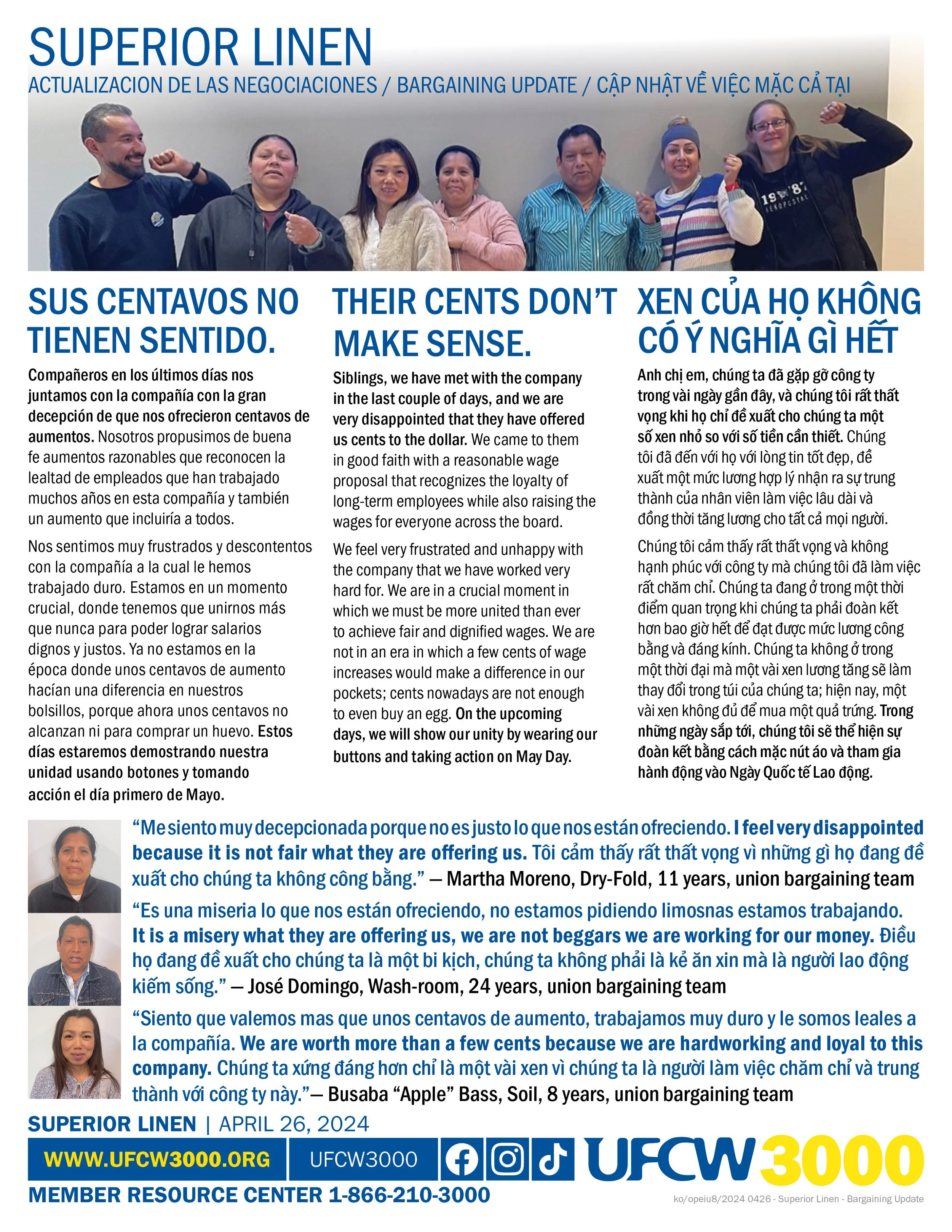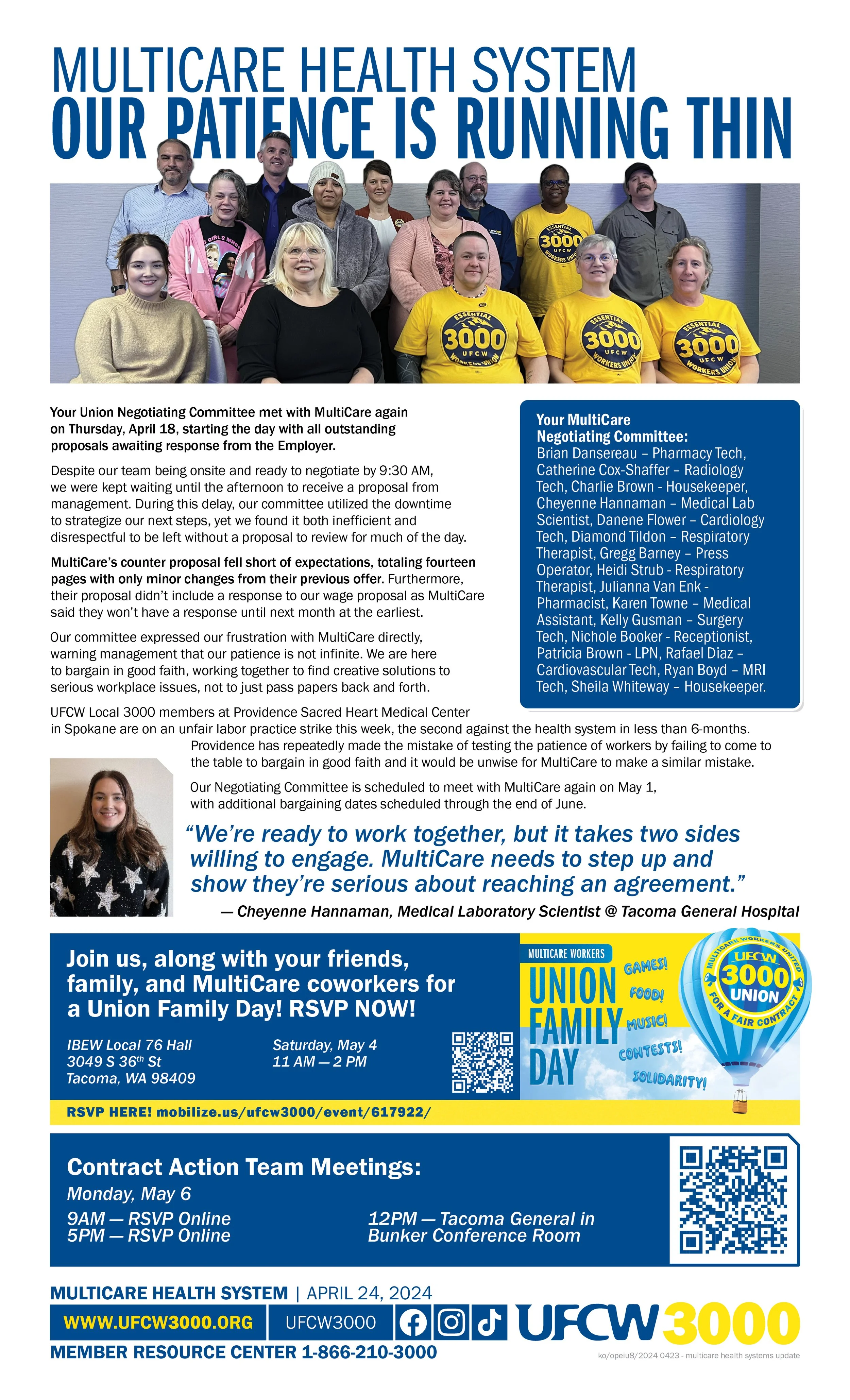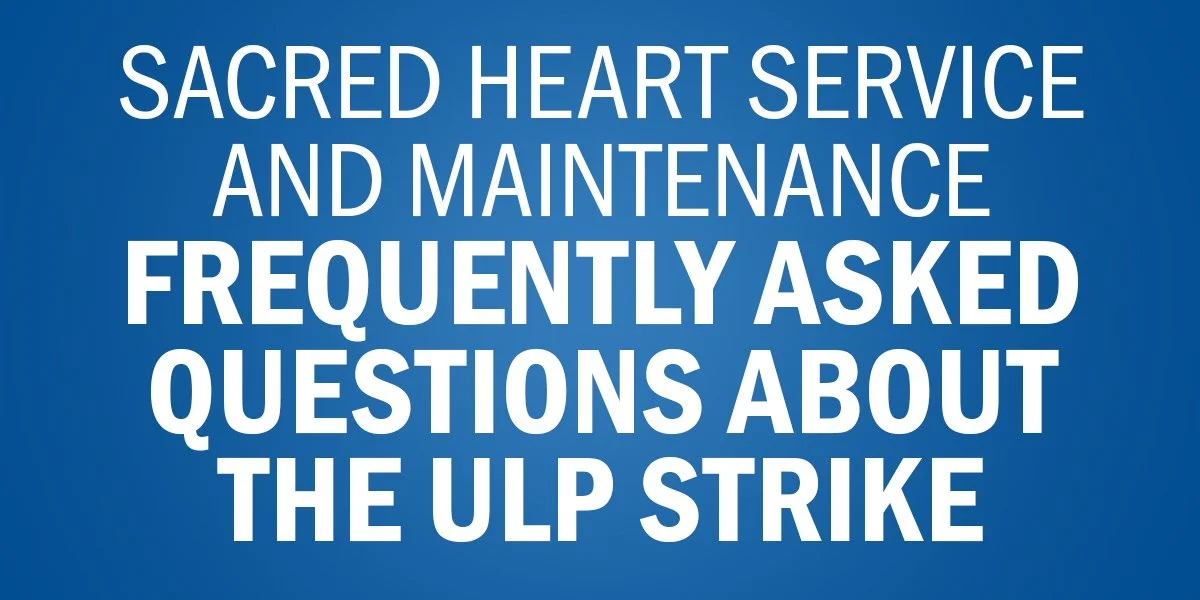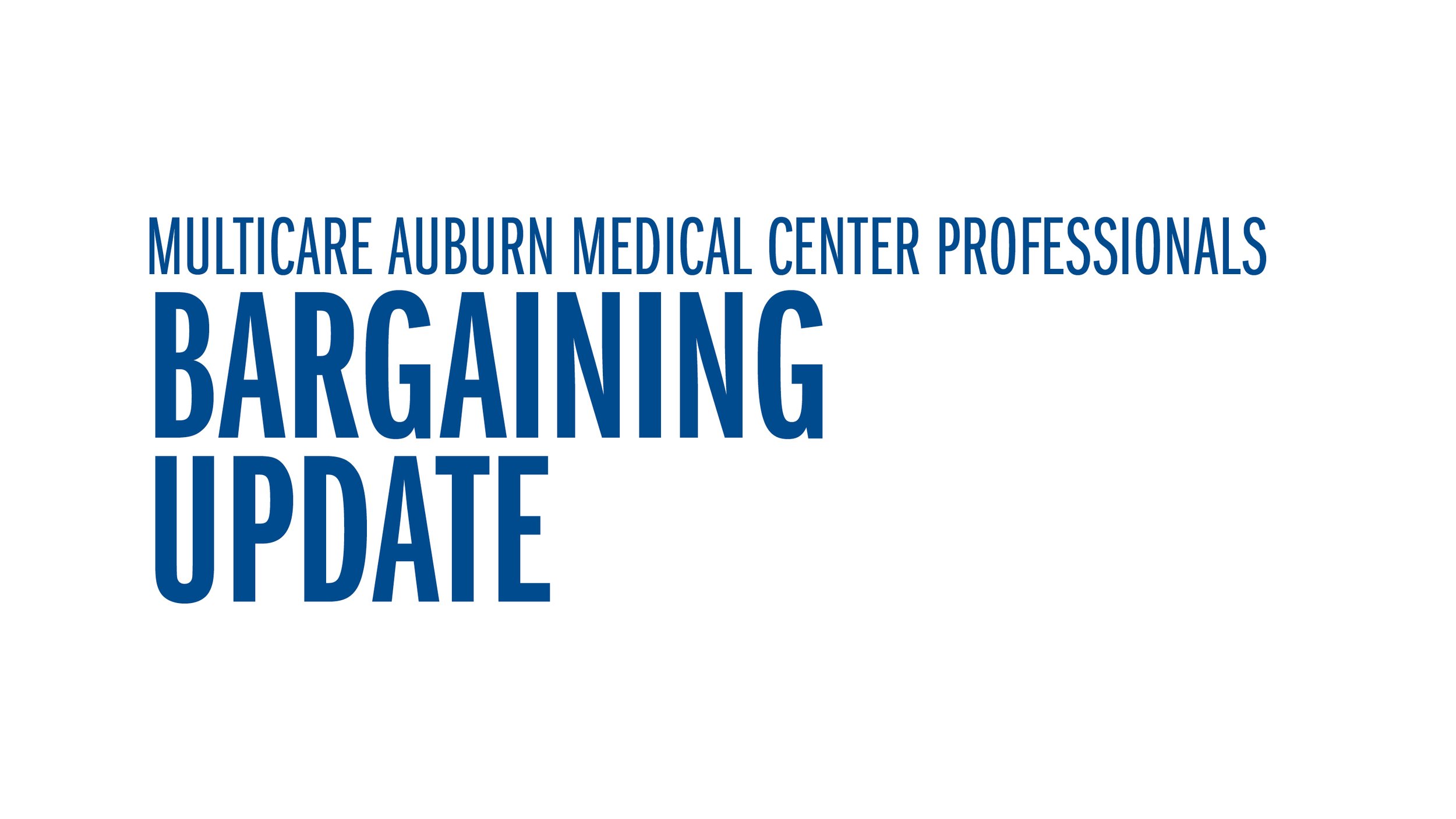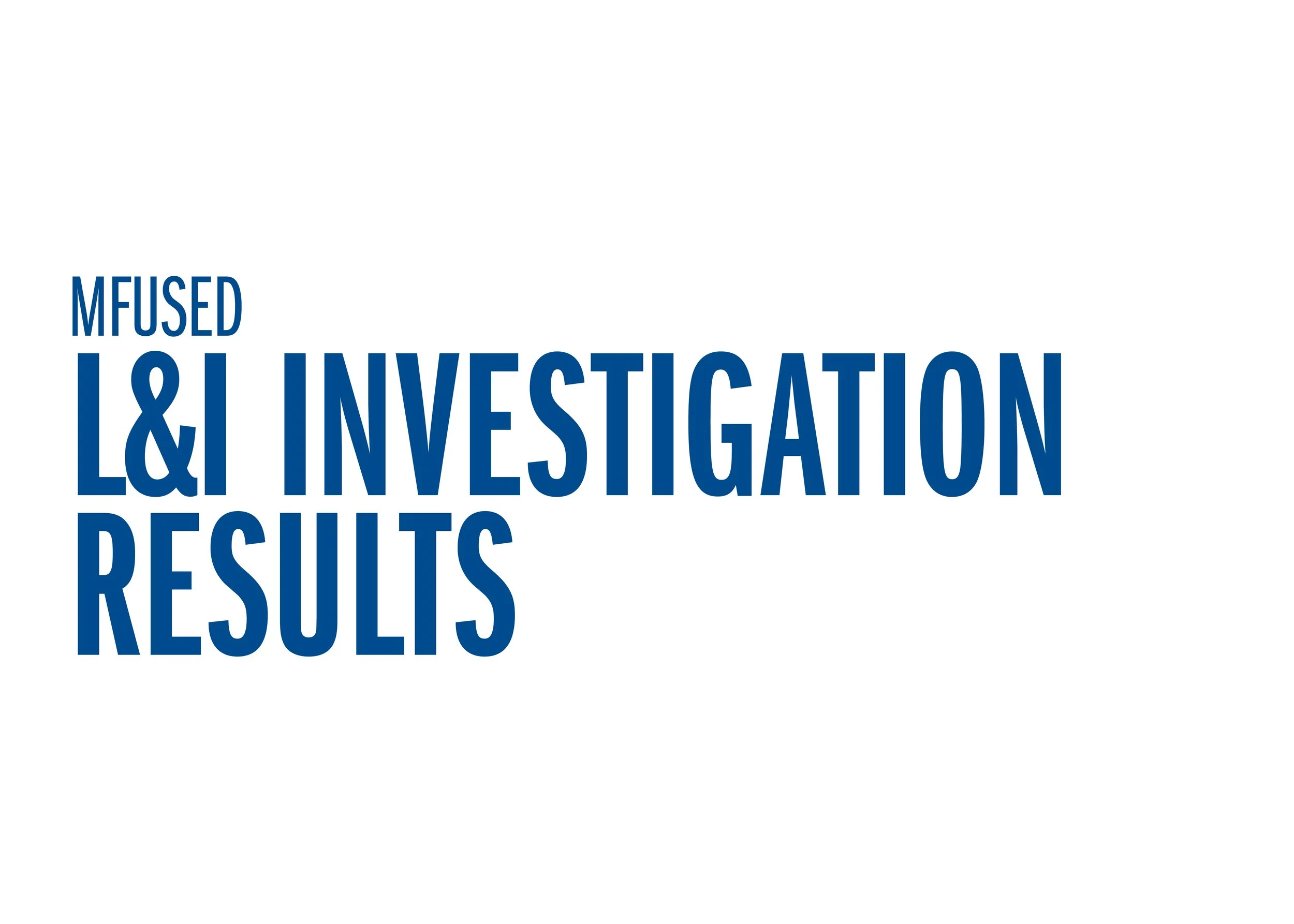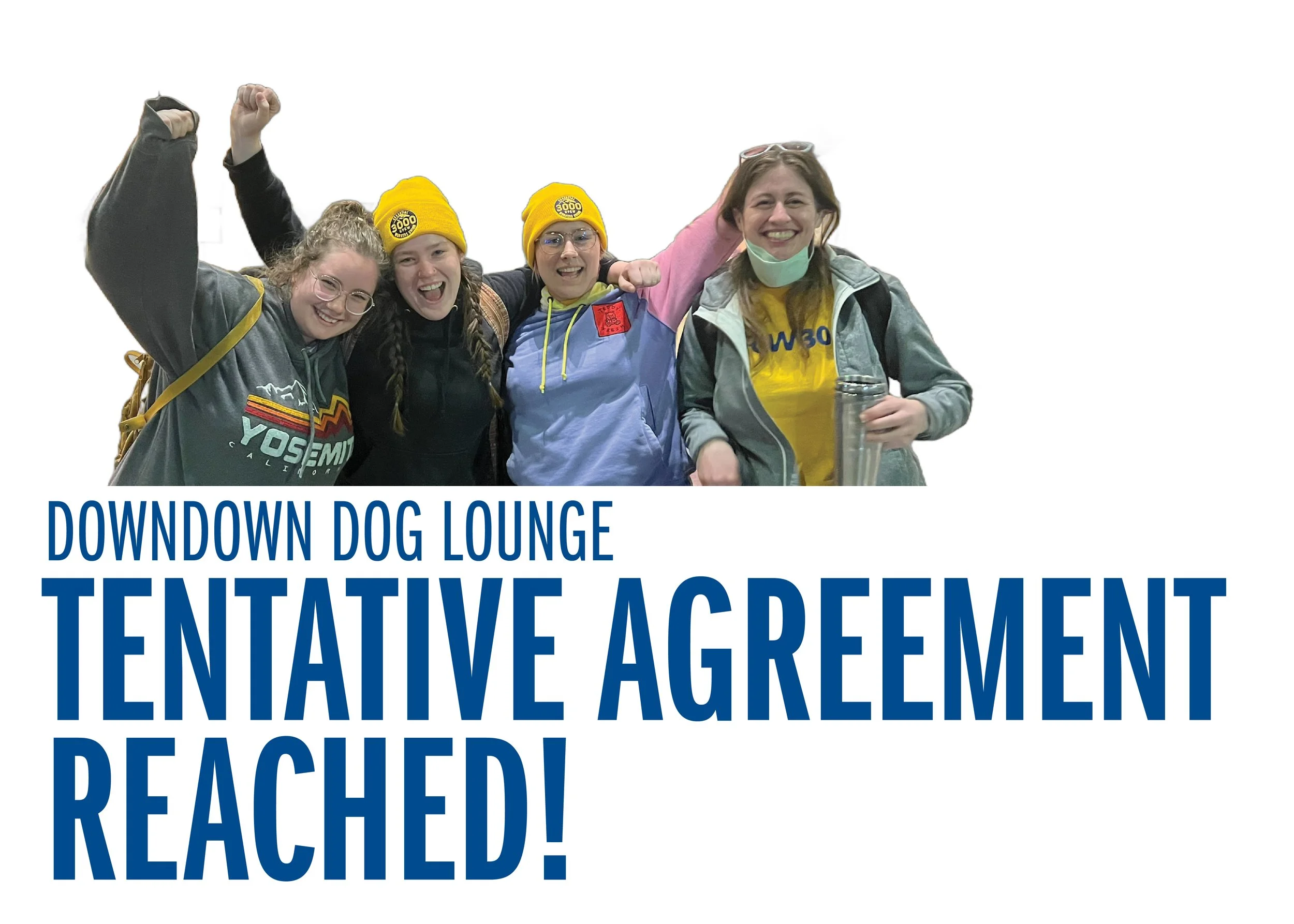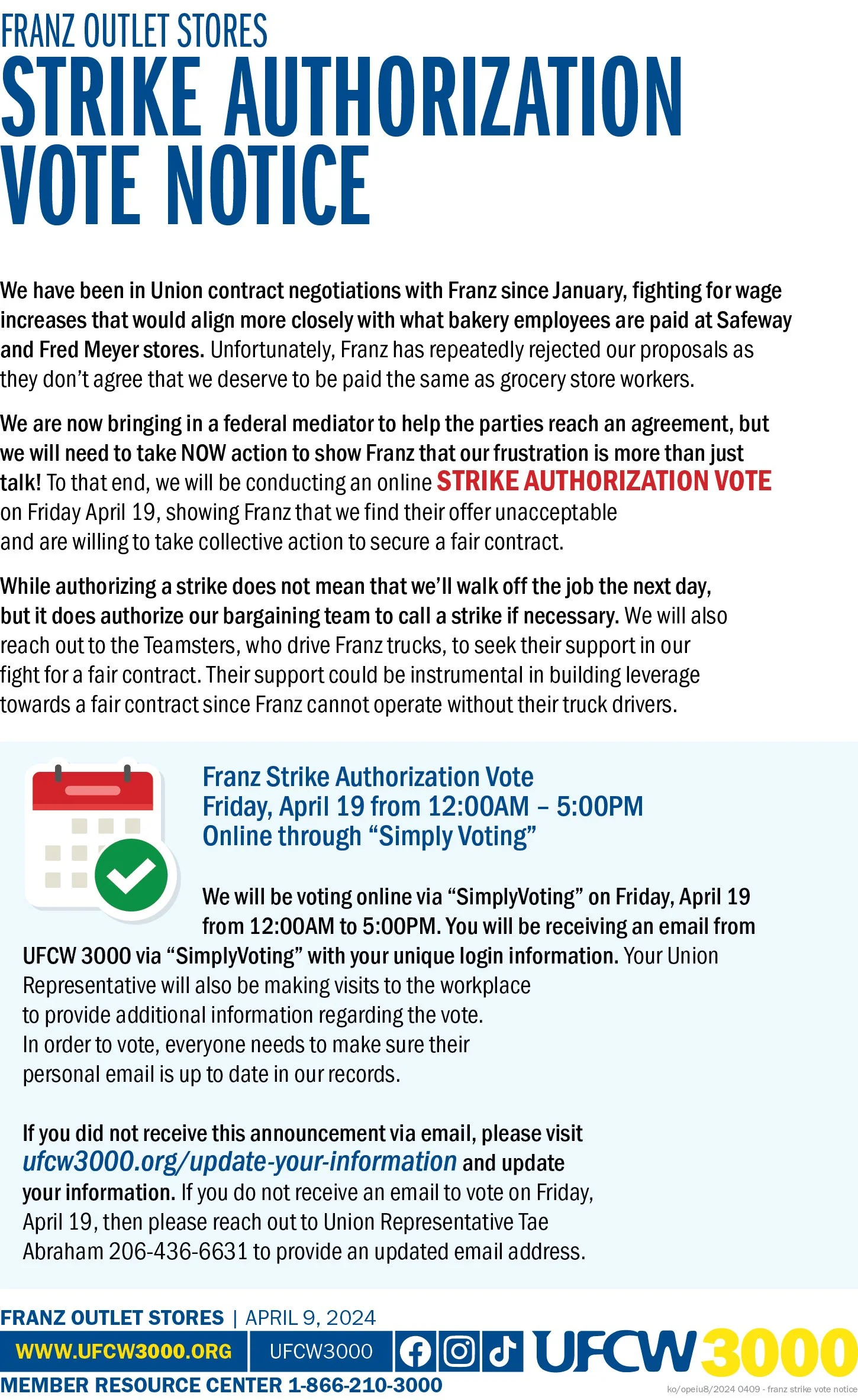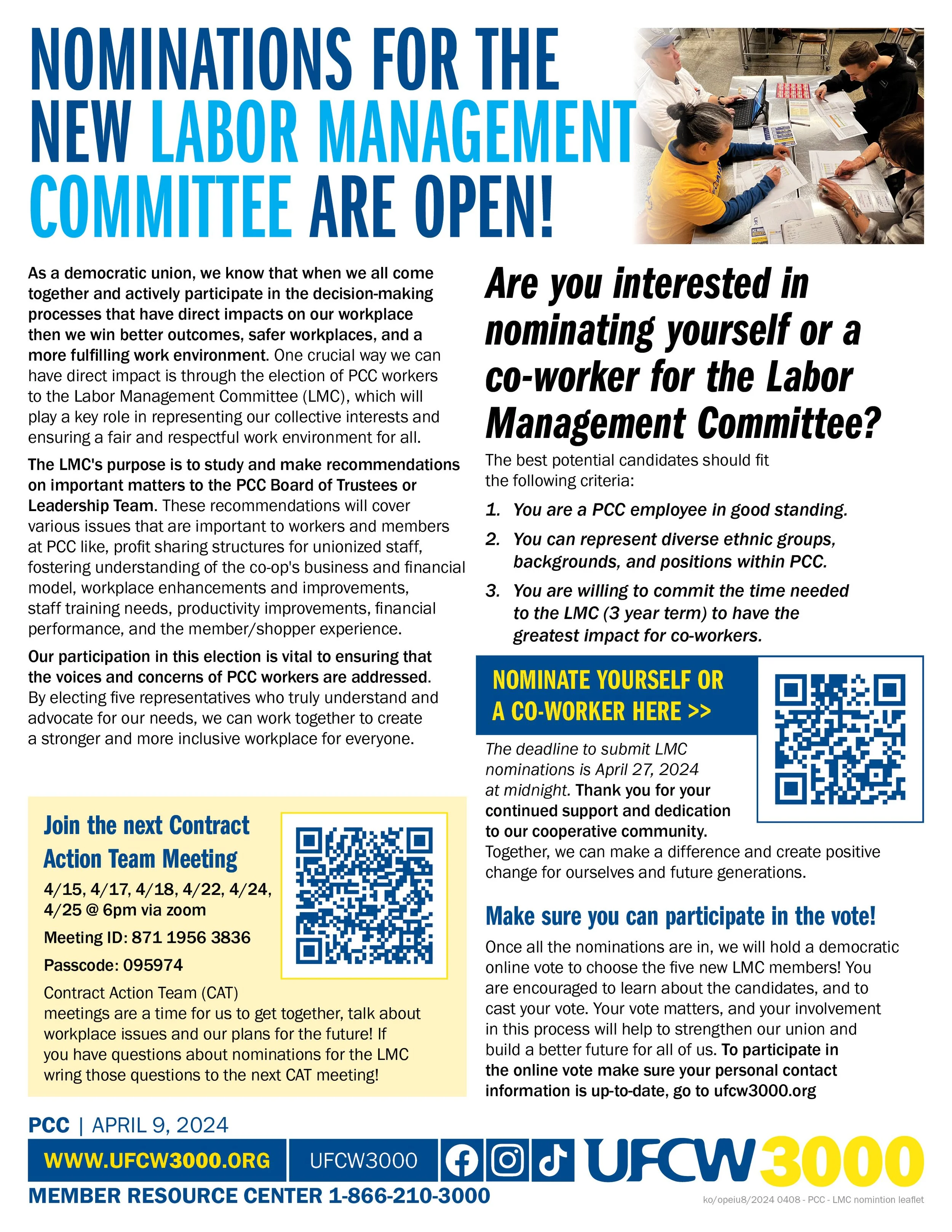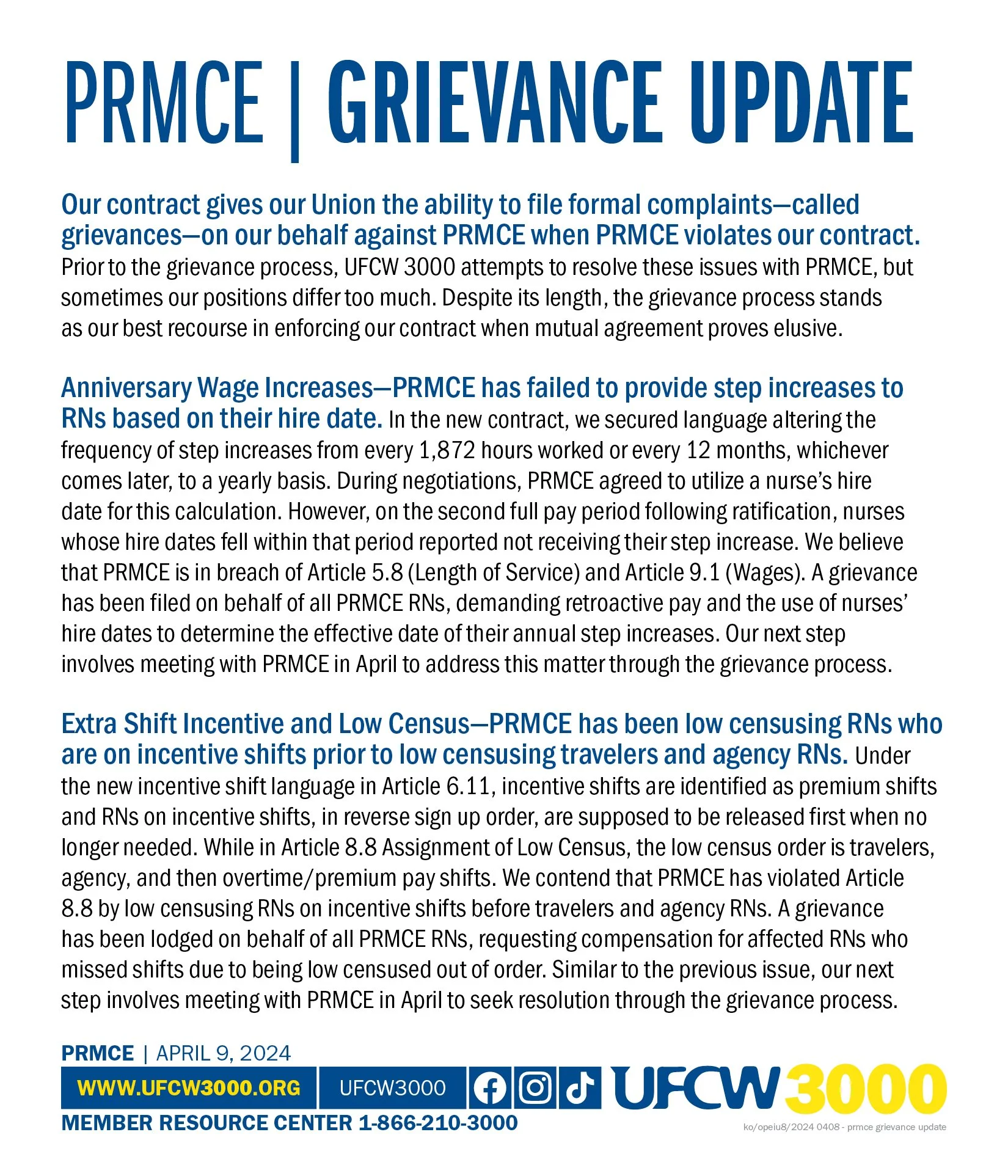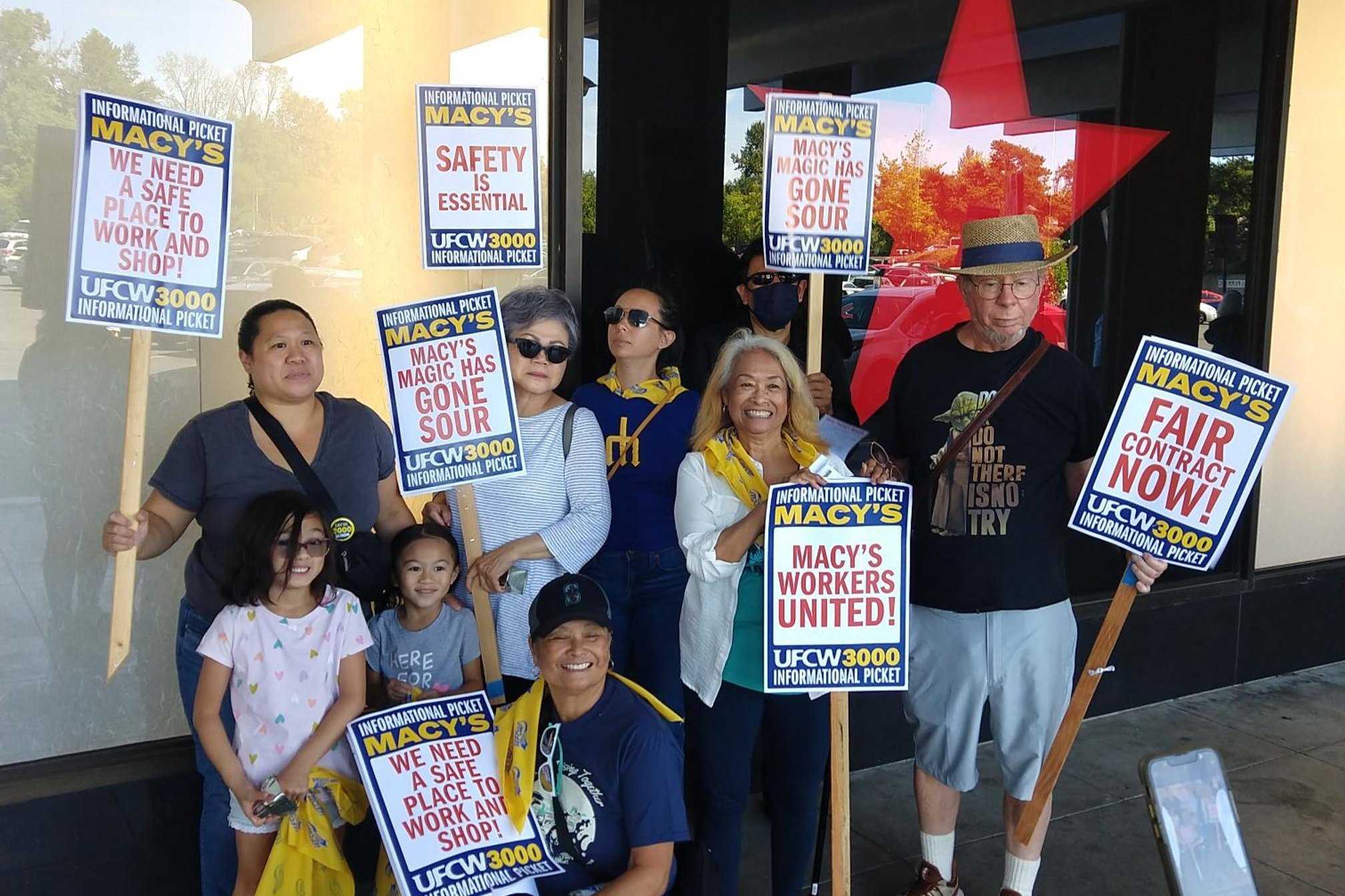Note to all members: One of the most important ways we can prevent the spread of this illness is to stay home from work if you are feeling ill. If you have any questions about your right to stay home from work, contact your Union Rep or the Rep of the Day immediately 206-436-6578. The UFCW 21 office number is 1-800-732-1188.
If you believe your employer is not following proper safety guidelines or you would like to report safety concerns, send your name, workplace, contact information, and a description of your concerns to: safetyreport@ufcw21.org.
Frequently asked questions from members about novel coronavirus/COVID-19
For Frequently Asked Questions for Health Care Workers Scroll down further
Note: we will continue to update this post as questions arise and new information becomes available.
Q: How serious is the illness caused by this new virus?
A: According to King County Public Health, it appears that the majority of the reported illnesses are mild, with fever and cough, but a smaller percentage of cases are severe and involve pneumonia, particularly in elderly people and people with underlying medical conditions. People have died of this illness, so it’s important to try and stop it from spreading as best we can.
Q: Who is in a “high risk” category for serious illness from this virus?
A: Because this is a new virus, scientists and public health experts are still studying it. Currently, the national Centers for Disease Control (CDC) says the highest risk categories are older adults and people who have serious chronic medical conditions like heart disease, diabetes, and lung disease. The list of health conditions that may put you at higher risk has changed as new research is done, so it’s a good idea to check the CDC’s website for up-to-date info if you have questions. Note: If you are over 65 or in a medical high-risk category, you have specific rights at work in Washington to help protect your safety. Find a page about those rights here.
Q: I feel sick, what should I do?
A: If you have symptoms like a cough, fever, shortness of breath, or other respiratory problems, you should call your health care provider or the Washington State COVID hotline at 1-800-525-0127 (this hotline is open 6am to 10pm Mon-Fri, 8am to 6 pm weekends & holidays). In King County, you can reach the county’s call center from 8am to 7pm at (206) 477-3977. Call your health care provider before you go in to see them so they can prepare their staff and stay safe while they treat you. You should also stay home from work and away from public places.
Q: I feel sick, but I don’t want to stay home from work.
A: One of the absolute most effective ways to prevent the spread of this illness is to stay home if you are sick. We have fought hard for the right to paid sick leave and other leave language in our contracts, and we have the right to use it. Under Washington State paid sick leave, your employer cannot ask you for a doctor’s note until the 3rd day of your illness, and they cannot retaliate against you for taking your paid sick time. Many contracts have additional sick leave, PTO, or other leave benefits you may be able to utilize. Use your contract and ask a Shop Steward if you need help.
Q: I feel sick, but I’m out of paid sick time.
A: You should let your manager know as soon as possible that you feel unwell and need to go home or stay home. Our employers should be following the CDC’s best practices for employers right now, which includes encouraging people to stay home when they are sick, and we are talking to employers at the highest level to ensure members can stay safe. Many workplaces have negotiated COVID agreements that include If you have any issues, call your Union Rep or the Rep of the Day as soon as you can so they can help.
Q: What should I do During school closures IF I don’t have childcare?
A: Both Washington State and the City of Seattle have made clear that you can use Paid Sick Leave when your child’s school is closed and you don’t have childcare. We are working with employers regarding the importance of following public health guidelines during an outbreak, which includes being flexible about giving workers who need to stay home access to paid leave. We are also working as quickly as we can with employers, our friends in the labor movement, community allies, public agencies, and our state government to find more childcare solutions. This is an emerging situation and we will keep you updated as we get new answers. Your Shop Steward or Union Rep are ready to help you advocate for yourself and your family if you are navigating a difficult circumstance.
Q: Will I have access to pay or benefits if I am quarantined due to COVID-19?
A: Washington State has made an emergency ruling that health care workers and first responders have access to workers compensation benefits if they are quarantined. We are currently working with the state and our employers to ensure everyone has access to paid leave and benefits if they are quarantined. If you or a coworker is quarantined, contact your Shop Steward or Union Rep as soon as you can.
Q: How can I make sure my employer is following proper safety guidelines for my workplace?
A: Your employer should be providing you with access to hand sanitizer and tissues, hands-free garbage cans to throw away tissues, breaks for hand washing, and should be ensuring that all high-touch surfaces in your work area are cleaned regularly. The guidance we have received from public health experts is that the frequency of cleaning and sanitizing work areas and customer areas depends on the level of use and level of contact. Employers should ensure the hourly cleaning and sanitizing of common surfaces or surfaces that get regular contact. If the level of use/contact by customers or workers is high, they may need to be cleaned even more frequently. King County Public Health issued guidelines for retail food establishments on March 5.
Q: Should I be wearing a mask to work?
A: The recommendations have changed over time, but at this point it is clear that masks are very likely to help prevent the spread of COVID and in Washington they are required in many situations. Your employer should be providing you with all appropriate protective equipment for doing your work safely and complying with safety regulations. You can find a document that covers which masks are appropriate for what kind of work situation right here.
Q: WE HAD A CONFIRMED COVID-19 CASE AT MY WORKPLACE, WHAT IS MY EMPLOYER SUPPOSED TO DO TO MAKE SURE OUR WORKPLACE IS CLEAN AND SAFE?
A: The CDC has guidelines for cleaning, disinfecting, and sanitizing public places and workplaces. Anyone who is involved in this process should be given adequate training and appropriate PPE for the cleaning and chemicals used. Your employer should follow the CDC’s guidelines, and if they do not, you should let your Union Rep know or email us at safetyreport@ufcw21.org.
Frequently asked questions from health care members
Q: WHAT ARE THE STATE’S GUIDELINES FOR COVID SAFETY IN HEALTH CARE SETTINGS?
A: In September 2020, our state’s Department of Health and Departments of Labor and Industries responded to concerns from health care workers experiencing outbreaks at their hospitals with very clear, enforceable guidelines for health care workers and employers regarding PPE, training, infection control, and more. You can find that document, called a Joint Hazard Alert, right here.
Q: Is my employer required to provide me with personal protective equipment (PPE)?
A: Your employer is required to provide you with any and all equipment required to do your job safely and training to use it correctly. The CDC is offering guidelines for health care workers, and you should review these regularly to stay up to date and ensure your employer is complying with these guidelines.
You can find CDC guidelines here.
Their Frequently Asked Questions document, covering PPE for transporting patients, asymptomatic patients, and EVS workers, is here.
Q: I heard the CDC CHANGED their interim guidelines for what kind of precautions and PPE we should be using, is that true?
A: As of 3/10/20, the CDC has updated their interim guidelines to say that when there are limited supplies of PPE like N95 masks and PAPRs, facemasks are an acceptable alternative. During a time of respirator shortage, “available respirators should be prioritized for procedures that are likely to generate respiratory aerosols.” When the supply chain of respirators is restored, health care personnel should return to using respirators when caring for patients with suspected or confirmed COVID-19. We are advocating with government bodies and employers for health care workers’ right to the highest level of protection at work while also maintaining enough PPE for everyone. You can find our most recent public releases on this issue here and here.
Q: What should I do if I am asked to do something I think is unsafe?
A: We have a whole separate Q&A on your right to refuse unsafe work assignments. If you are being asked to do something unsafe at work, you should call your Union Rep (or call 1-800-732-1188 to be connected) or call the UFCW 21 Rep of the Day 206-436-6578.
Q: Do I have to use my PTO if I am exposed to COVID-19 at work and quarantined?
A: We expect employers to put workers on paid leave when they are quarantined, and many health care employers have already agreed to use Paid Admin Leave. The State of Washington has also ruled that health care workers and first responders can access L&I benefits when they are quarantined.
Q: I received a letter from employee health notifying me that I was exposed to a patient that recently tested positive for COVID-19 and that I was to stay home in quarantine for the next 14 days. But my manager said I just needed to mask up and come in to work, is that true?
A: Public Health officials ask that people who have been exposed to a communicable disease to stay at home and avoid contact with other people. If you are asked to come into work after being advised to stay home due to exposure, contact your Shop Steward or Union Rep immediately. If you have symptoms like a cough, fever, shortness of breath, or other respiratory problems, you should call your health care provider or the Washington State hotline at 1-800-525-0127 and press #.
If you have further questions:
Our main office line: 1-800-732-1188
Rep of the Day line: 206-436-6578





